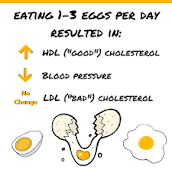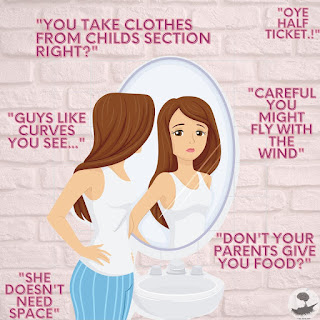DEBUNKING HEALTH MYTHS
“It is health
that is the real wealth and not the pieces of gold or silver.”
In our day-to-day existence, we try arduously to
maintain our health and fitness, but on the way we start believing in
inaccurate information associated with health. It is time to put an end to
these alluring misconceptions, myths and inaccuracies passed down through the
generations. To help the cause, we have debunked the most popular health
'facts' that we follow in our everyday life.
Fact: The starvation diet significantly
cuts down the number of calories we consume in a day. It may seem like an
effective strategy for losing pounds of weight quickly. But in the longer run,
it can lead to opposite results. Eating too little or starving yourself is a
bad idea and it leads to rebound weight gain. Eating a balanced low calorie
diet will help you to lose weight.
Myth: Cracking knuckles leads to Arthritis.
Fact: Cracking knuckles may be annoying for people who
sit near you for a prolonged period. But it’s not going to give you arthritis,
as some of you might believe. The crack is due popping of air bubbles in the
fluid that lubricates the joints which is known as synovial fluid. While the
practice does not cause arthritis, it has some negative consequences as it has
been found that it can lead to reduced grip strength and swelling in the hands.
Fact: According to Harvard University, "There is
no scientifically valid evidence to suggest that coffee can stunt a person's
growth." The basis of this myth stems from the idea that caffeine in
coffee can be the cause of osteoporosis, a vitamin D deficiency disease that
makes the bones fragile.
Myth: You must drink 64 ounces of water each day.
Fact: Everyone knows the eight-by-eight rule: Drink eight 8-ounce glasses of water each day. While based on accurate observations (water keeps you healthy), the notion that everyone needs exactly 64 ounces of water each day is wrong. Everyone has different hydration needs and should adjust their water intake accordingly based on their activity level and signs of dehydration.
Most of these are persistent health myths, which we
have spent our entire life believing and following. It is time to stop
accepting and believing the health facts which are not backed by scientific
research.
by ANJALI (Editorial team)







👍
ReplyDelete